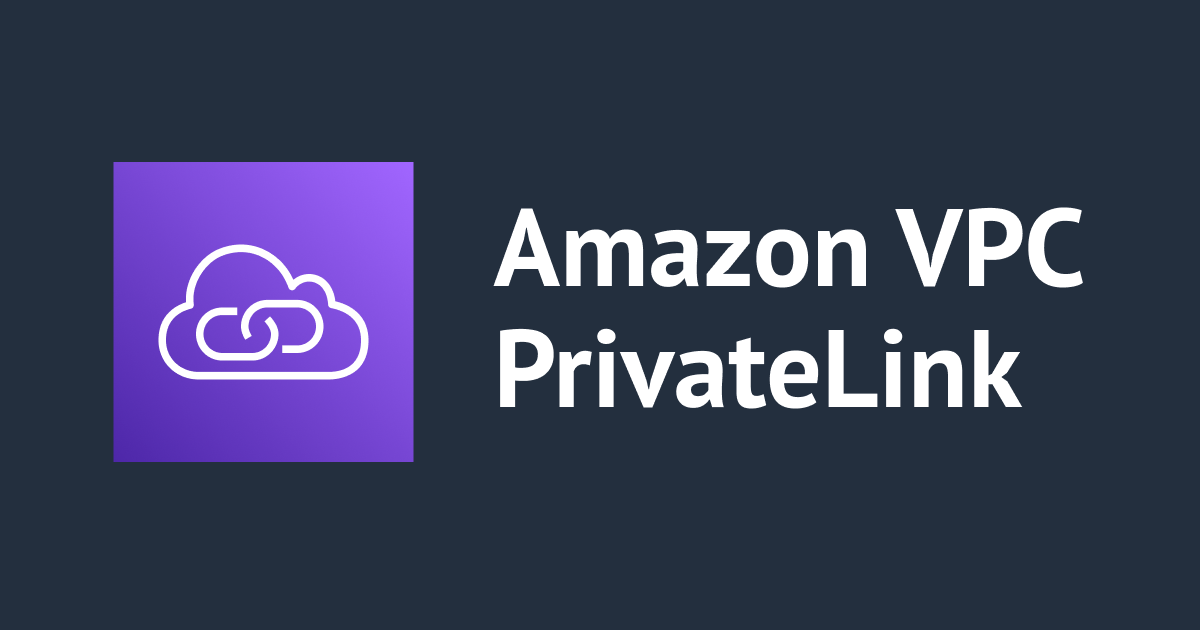
Enhancing Security and Connectivity in the Cloud Using Private Link
この記事は公開されてから1年以上経過しています。情報が古い可能性がありますので、ご注意ください。
Introduction:
In today's digital landscape, organizations are increasingly adopting cloud services to store, process, and access their data. However, ensuring the security and privacy of this data while connecting with various cloud services remains a critical concern. This is where PrivateLink comes into play. PrivateLink offers a secure and efficient solution to access cloud services privately, bypassing the public internet. In this article, we will explore the benefits and use cases of PrivateLink in the context of cloud computing.
What is PrivateLink?
PrivateLink is a feature provided by leading cloud service providers such as Amazon Web Services (AWS) and Microsoft Azure. It enables organizations to establish private and secure communication channels between their virtual networks and specific services within the cloud provider's ecosystem. With PrivateLink, traffic flows within a private network, isolated from the risks associated with public internet connectivity.
Enhanced Security:
One of the primary advantages of PrivateLink is its ability to bolster security. By leveraging PrivateLink, organizations can ensure that data transfer between their virtual networks and cloud services occurs through a secure, private connection. This eliminates the need for exposing services over the internet, reducing the attack surface and mitigating the risk of unauthorized access or data breaches.
Improved Performance:
PrivateLink offers a direct, high-bandwidth connection between virtual networks and cloud services. By bypassing the public internet, organizations can experience enhanced network performance and reduced latency. This is particularly beneficial for applications that require real-time data processing, such as financial transactions or multimedia streaming.
Use Cases for PrivateLink:
- Database connectivity: With PrivateLink, organisations have secure access to managed database services within their cloud provider's ecosystem. Whether you're using a relational or NoSQL database, PrivateLink ensures that data transmissions take place within a private network, reducing your exposure to outside threats.
- Partner integrations: PrivateLink can make it easier for organisations to communicate securely with trusted partners. For example, an organisation can use PrivateLink to give a partner access to services or data without exposing it to the Internet.
- SaaS offerings: Many Software as a Service (SaaS) vendors offer PrivateLink endpoints that allow their customers to establish secure connections directly from within their virtual networks. As a result, organisations are able to take advantage of SaaS solutions without having to compromise on security or performance.
- Analytics and Machine Learning: PrivateLink can securely connect analytics and machine learning services, enabling organisations to process large volumes of sensitive data without exposing it to external networks.
Hands-on Example:
Step 1: Set Up VPC and PrivateLink
- Create a Virtual Private Cloud (VPC) in your AWS account. Configure the IP range, subnets, and routing options as per your requirements.

- Enable Private DNS Hostnames and DNS Resolution for your VPC to allow DNS resolution for resources within the VPC.

- Create a VPC Endpoint for the SageMaker service. Select the desired subnets and enable Private DNS to ensure the endpoint's hostname resolves to a private IP address.

Step 2: Configure Security Groups
- Create or modify the security groups for your SageMaker instances and endpoints. Configure inbound and outbound rules to allow the necessary traffic for SageMaker services.
- Ensure that your security groups allow inbound and outbound traffic between your VPC and the SageMaker service.
Step 3: Launch SageMaker Instance Inside Vpc and Access PrivateLink
- Launch an Amazon SageMaker instance within your VPC. Configure the instance type, storage, and networking options.
- Connect to the SageMaker instance using SSH or other supported remote access methods.
- Verify that the SageMaker instance is connected to your VPC by checking the network settings, including the private IP address.
- Access SageMaker services, such as model training or inference endpoints, using the PrivateLink connection. Your traffic will flow securely and privately within your VPC.
Conclusion:
PrivateLink is a valuable tool for organisations looking to strengthen the security and privacy of their cloud infrastructure. Through private cloud connections, organisations can protect sensitive data, improve network performance and comply with industry regulations. PrivateLink provides a robust and scalable solution for secure communications in the cloud, whether it's accessing S3 files, databases, integrating with partners or using SaaS offerings. PrivateLink is an essential component of cloud networking as organisations continue to prioritise data security.












